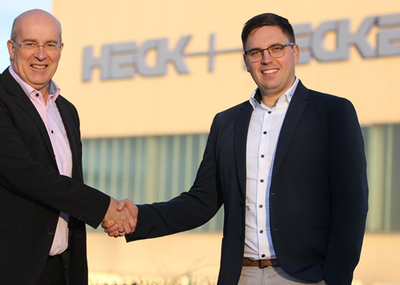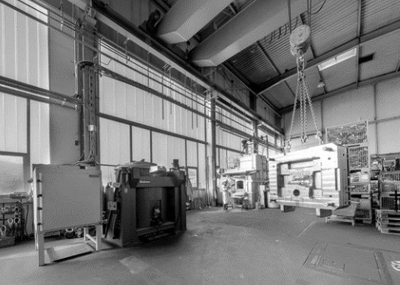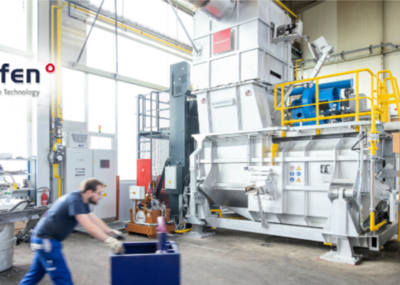From a Conversation with an Industry Insider
The automotive industry is undergoing a profound transformation: electrification, digitalization, new mobility concepts, and an increasing focus on sustainability are reshaping the entire value chain. While major OEMs and Tier 1 suppliers can respond with extensive resources and strategic partnerships, many small and medium-sized enterprises (SMEs) are coming under intense pressure – not only economically, but also structurally and organizationally.
Tool and mold making represents a particularly sensitive link in this chain.
A conversation with an industry insider quickly reveals where the real issues and misunderstandings lie:
"We’re not talking about bolts or weld seams here. We’re talking about highly complex tooling projects with individual budgets ranging from €250,000 to over €1 million. And yet, the conditions we face haven’t kept pace with reality."
A core issue is the extreme price pressure that runs throughout the supply chain. OEMs not only demand continuous cost reductions but also expect full cost transparency down to the last detail. Suppliers must disclose complex calculations and often reduce their margins to the bare minimum. Most are forced to pre-finance six-figure sums out of their own pockets until final approval is granted. At the same time, the demands are growing steadily: capacity proofs, extensive documentation, full traceability, and strict quality and sustainability standards have become the norm – all of which require time, money, and personnel.
And in the end, only one thing matters: the lowest price.
This is not an isolated case. This is daily reality. And it’s precisely why the SME-driven tool and mold making sector in Germany is at its economic limit. Many companies are literally running out of air to breathe.
Foundries face the same pressure
Foundries, too, are under similar strain as suppliers. Driven by OEMs who systematically shift responsibility down the chain – with little regard for the resilience of their partners.
It is time for us to take shared responsibility. What we need now are genuine partnerships on equal footing, reliability instead of relentless price pressure, and a sincere commitment to industrial value creation in Europe.
"Only with a strong and innovative SME sector will this transformation succeed," affected companies consistently emphasize.
Smaller firms in particular – often niche producers or specialists for specific components – are seriously threatened by this pressure. Many SMEs can no longer bear the steadily growing upfront investments without endangering their financial stability. The result: stalled investments, barriers to innovation, and in the worst case, the slow demise of long-established companies that have been reliable partners to the automotive industry for decades.
The transformation, which is meant to make the industry fit for the future, risks becoming a trap for many SMEs – not because they are unwilling to change, but because the rules of the game increasingly only work for the big players. What’s needed now is a fundamental shift in how we collaborate across the supply chain – with more partnership, more realism, and a long-term perspective.
Source: www.heck-becker.com










